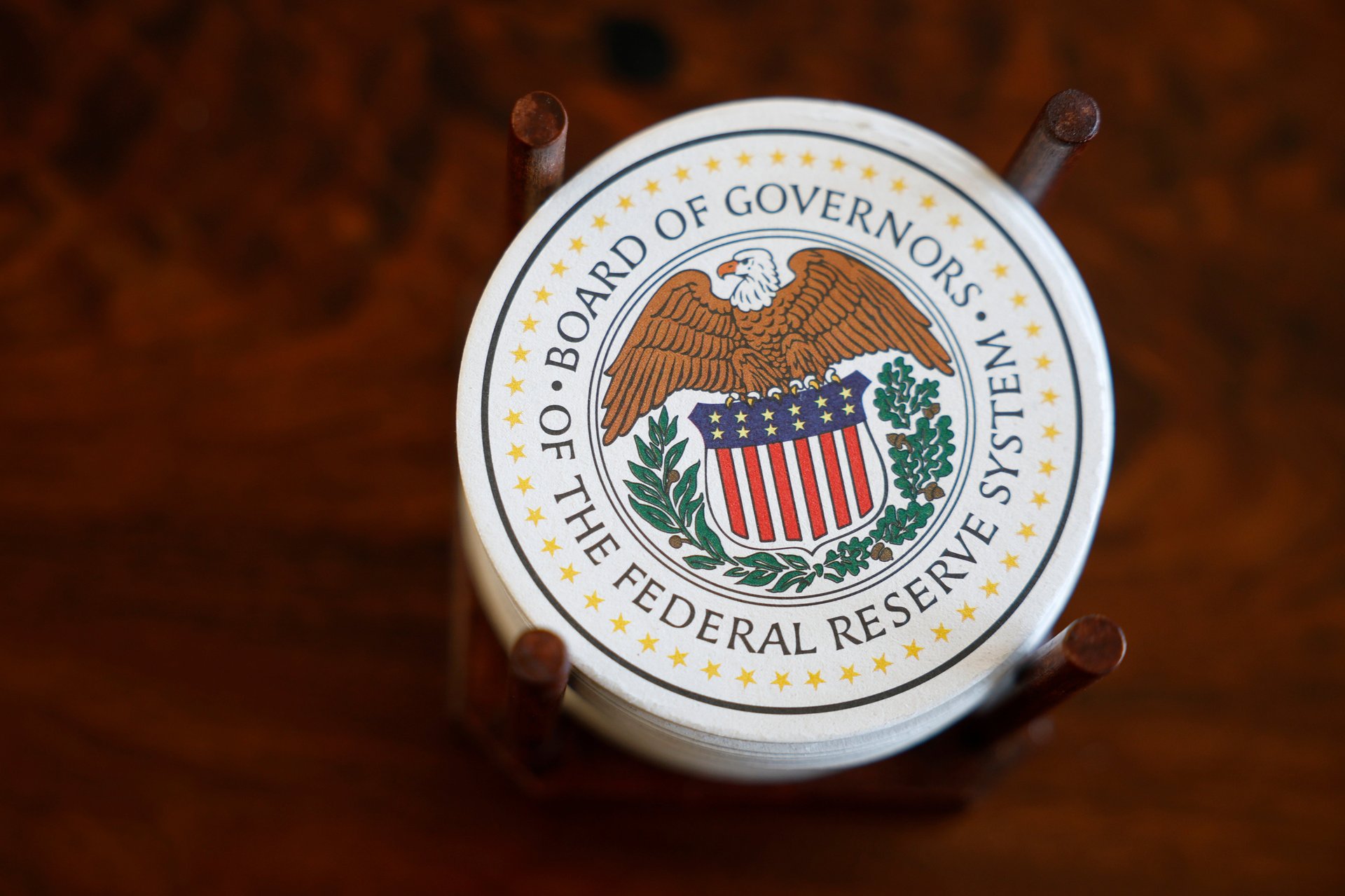A good jobs report probably won't keep the Fed from cutting interest rates, economists say
The monthly jobs numbers from March reflect the situation before Trump's tariff policies started to rile the markets

The better-than-expected jobs numbers for March are relics of a bygone era in the U.S. economy and won’t stand in the way of the Federal Reserve cutting interest rates later this year, some economists said.
Suggested Reading
Employers added 228,000 jobs in March on a seasonally adjusted basis, rising from a downwardly revised 117,000 in February and beating the average estimate of 130,000. The jobless rate nonetheless increased to 4.2% from 4.1%, and hourly wages increased 0.30%, both matching projections.
Related Content
The “data (reflecting the first half of the month) feel stale given building headwinds to growth,” Citi (C) economists Veronica Clark and Andrew Hollenhorst wrote in a note. ”We continue to see evidence that an already gradually weakening labor market is ill-positioned to withstand new shocks.”
The Federal Reserve has a dual mandate to control prices and support full employment. Strong labor market growth could impede the central bank from easing, given that inflation will probably pick up due to President Donald Trump’s tariffs on most imported products.
Citi expects at least some softening in the April jobs numbers, with clearer weakness evident starting in May and then lasting over the summer. The economists continue to expect policymakers to cut rates by 125 basis points this year. Jefferies (JEF) is anticipating three cuts this year, starting in June.
“Mounting uncertainty and consequential investment paralysis will likely lead them to an easing bias in the second half of 2025,” Jefferies’ chief U.S. economist Thomas Simons wrote in a note to clients. The Fed’s policy in this cycle has been reactive, however, so it’s likely to stay on hold for now, he added.
“Inflation (ex-tariffs) is not falling enough to justify further adjustments in rates toward neutral, nor is inflation accelerating to a point where they would consider another hike,” he said. “ The labor market is also trending sideways.”
Bank of America (BAC) said the March report showed the U.S. is going into the tariff shock with a solid economy — but that won’t matter much. “Overall, markets will continue to focus on tariffs and potential retaliation,” economists led by Shruti Mishra wrote in a note to clients.
In Canada, the unemployment rate edged up to 6.7% in March as the economy unexpectedly shed 32,600 jobs amid trade frictions. Citi expects the rate to rise above 7% in the coming months, with the central bank likely to cut rates by 25 basis points at its next meeting on April 16. Goldman Sachs (GS) still projects a hold.